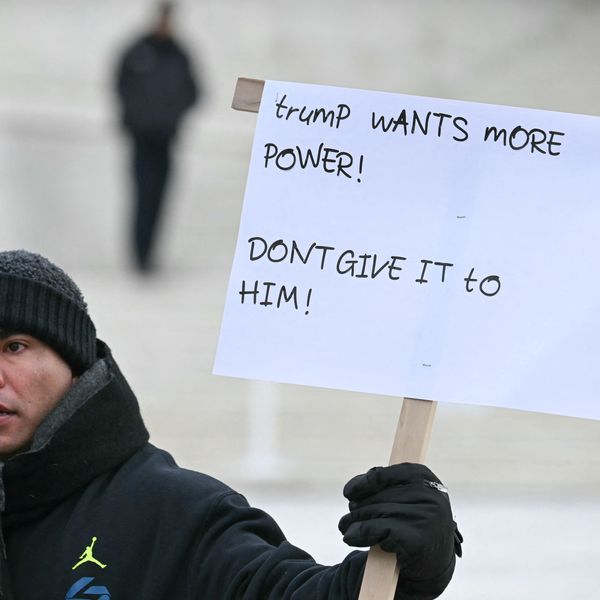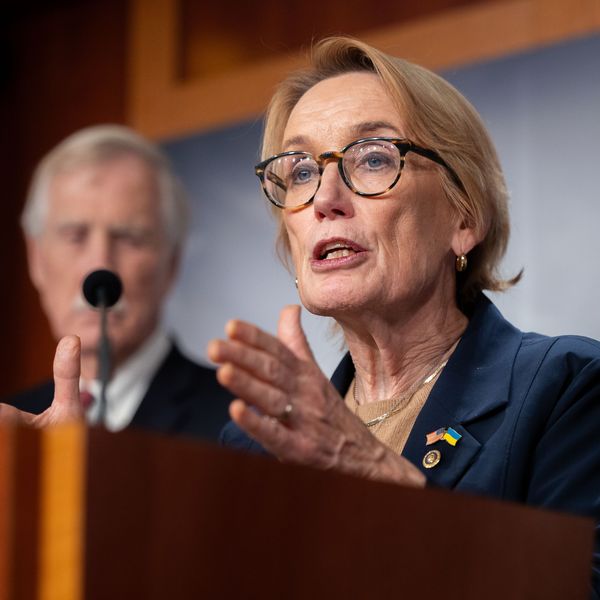As the spotlight falls on the secret court that authorizes the rampant
NSA surveillance network, a
New York Times piece published Thursday exposes the politically biased maneuvering that
Supreme Court Chief Justice John Roberts has undertaken in his appointments to the Foreign Intelligence Surveillance Court, known as the FISA court.
According to the paper's analysis of every judge who has been appointed to the court since its inception in 1978, 86 percent of Robert's choices have been Republican appointees, and 50 percent have been former executive branch officials.
"Viewing this data, people with responsibility for national security ought to be very concerned about the impression and appearance, if not the reality, of bias -- for favoring the executive branch in its applications for warrants and other action," Senator Richard Blumenthal (D-Conn.) told the Times.
The 11 currently presiding judges, all hand-selected by Roberts, serve as the sole jurors for the entire US surveillance state.
As the Washington Post's Ezra Klein wrote earlier, no other part of US law works this way. "[W]hen it comes to surveillance," he writes, "the composition of the bench is entirely in [Roberts'] hands, and, as a result, so is the extent to which the National Security Agency and the Federal Bureau of Investigation can spy on citizens."
The Times continues:
While the positions taken by individual judges on the court are classified, academic studies have shown that judges appointed by Republicans since Reagan have been more likely than their colleagues to rule in favor of the government in non-FISA cases over people claiming civil liberties violations. Even more important, according to some critics of the court, is the court's increasing proportion of judges who have a background in the executive branch.
Senator Blumenthal, citing his own experience as a United States attorney and a state prosecutor, said judges who used to be executive branch lawyers were more likely to share a "get the bad guys" mind-set and defer to the Justice Department if executive branch officials told them that new surveillance powers were justified.
_____________________



